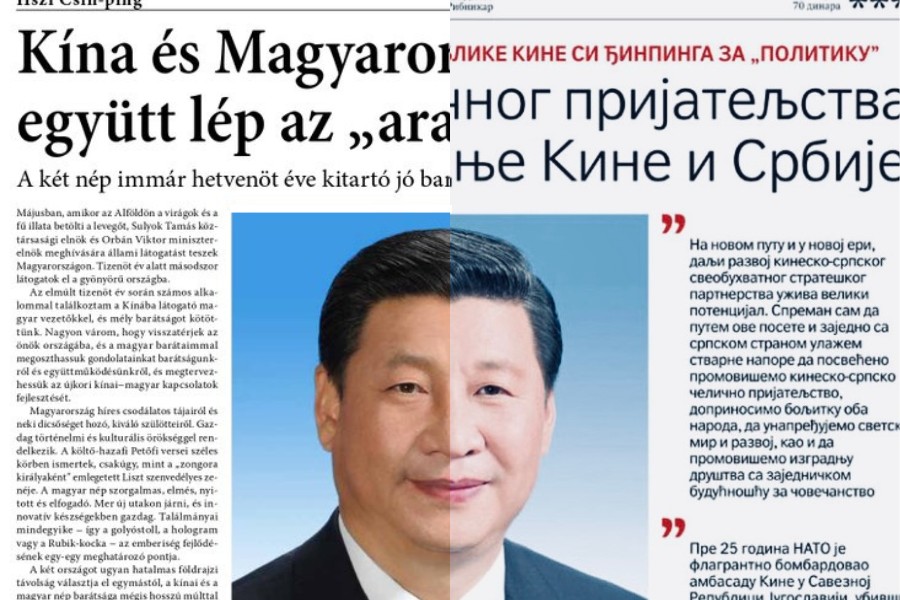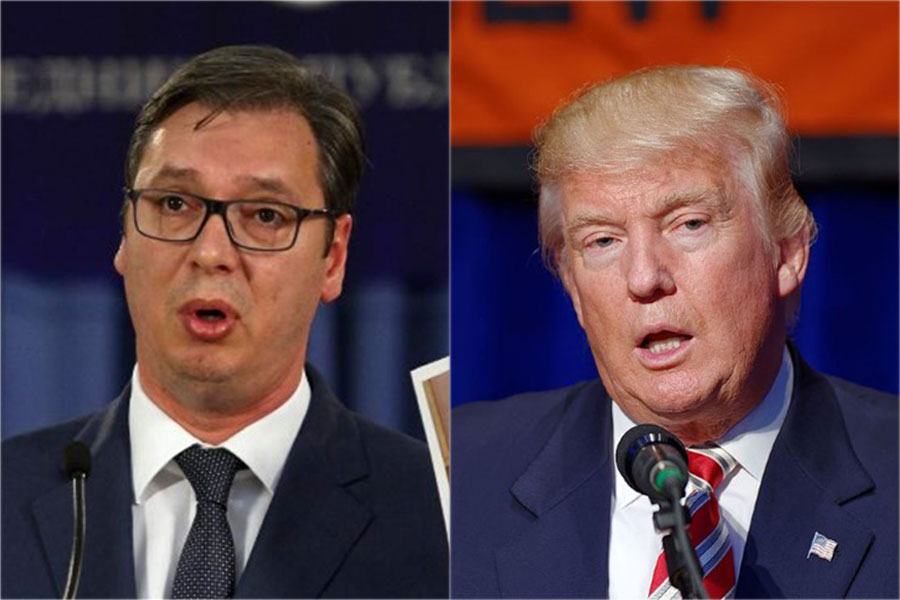The confirmation was the government’s first real engagement with allegations involving global surveillance of journalists and activists, including many Hungarians, described by an international consortium of journalists for the Pegasus Project in July, according to Szabolcs Panyi, the investigative reporter who broke the story for Hungarian news outlet Direkt 36.
Kósa’s statement came the day after the United States Department of Commerce imposed trade limits on Israel’s NSO Group for supplying foreign governments that used Pegasus to target journalists and others. The powerful spyware can secretly manipulate a target’s phone to extract information or activate the camera or microphone, and CPJ is among many calling for a moratorium on the use of such technology pending stronger regulation. NSO told CPJ it was dismayed by the U.S. restriction, and says it investigates allegations of abuse by its vetted government and law enforcement clients. The company has said the allegations in the Pegasus Project are false. CPJ sent questions to NSO’s press email in December but received no response.
Panyi, who covers national security, high-level diplomacy, and corruption, was himself on the consortium’s list of Hungarian targets along with colleague András Szabó, and Amnesty International reported forensic traces linked to Pegasus on Panyi’s phone.
It’s not clear whether anyone will be held to account for the intrusion. The parliamentary committee deliberates behind closed doors, and while the Prosecutor’s Office started a preliminary investigation to find out whether a crime has been committed in relation to Pegasus, no results had been announced by mid-December.
CPJ emailed questions to the Hungarian government’s international spokesperson, Zoltán Kovács, but received no response.
CPJ’s Attila Mong spoke with Panyi by phone this month about the latest developments. The interview has been edited for length and clarity.
How did you feel when your first learned about your own surveillance?
I had very mixed feelings. Partly, of course, I felt indignation and humiliation to see myself and other prominent journalists on a list of targets together with convicted criminals and known mob figures. I also felt pride that [the government thought it was worth spending thousands of dollars] on my surveillance – more than my yearly income! Finally, it sounds paradoxical, but it was a relief to learn that when I had felt a bit paranoid – when I had thought [I saw] signs [of possible surveillance] from time to time – it was for a reason, and not because I was actually going crazy.
In a way, this is the best answer to all the smears [on my character] from pro-government media, which regularly accuse me of being a CIA agent. If I had done anything legally or ethically questionable as a journalist, it would be already in the public domain. I passed through the purgatory [of surveillance by someone linked to the government], [but] they couldn’t find anything wrong.
To what extent has the Hungarian government acknowledged what happened and taken responsibility?
The government [has] finally acknowledged that they had acquired the spyware and used it to surveil Hungarian [phone numbers] – but they maintain that its use was legal.
Is this true? Can it be legal to wiretap journalists in an EU member state?
Since 2010, the government has had a two-thirds supermajority in parliament and used its powers to introduce sweeping [constitutional] changes. The laws regulating national security including surveillance are so broadly formulated that it is legal to wiretap and surveil anyone. So “legal” in this case means that these very broad rules have been formally respected, everything has been properly documented, and the necessary stamps are where they should be.
Were there legitimate national security threats to justify surveillance?
Since all the documents are classified, we cannot properly judge whether there were real reasons behind the requests to wiretap journalists, which were then approved by the justice minister in most cases. [Editor’s note: In a July media interview, Justice Minister Judit Varga said that her ministry is responsible for signing off these requests but refused to comment on specific cases.]
The government says that journalists might have been wiretapped not because they were direct targets of the investigations, but because some of their sources – criminals, people with terrorist links or links to foreign intelligence – were under surveillance. However, we cannot [confirm] the legitimacy of these requests, as there is no independent oversight.
Are there cases where journalists were involved that do not seem to involve national security?
Here are a couple of examples. [We reported that] a former journalist turned professional pilot was [on the target list] because – using publicly available data – he gave journalists tips [about] Prime Minister Viktor Orbán’s use of private jets. Similarly, a photojournalist who documented the lavish lifestyle and use of private yachts in Orbán circles was also targeted. These examples demonstrate how broadly the government defined “national security threat.”
What about accountability? Has the government acknowledged political responsibility in any way?
Political accountability is tricky, since several ministers were involved in the decision-making process around Pegasus, most prominently Orbán himself, whose 2017 meeting with then-Israeli Prime Minister Benjamin Netanyahu opened the way for the acquisition of the spyware and [its] later use on Hungarian targets. If any element of the use of Pegasus is illegitimate, it [will be] very difficult to control the damage and save Orbán from political responsibility. Moreover, several members of the government, including a top counter-terrorism official, were also targeted – evidently to check their loyalty to the government.
In what way do you work differently now as a journalist?
The way I communicate has become much slower and more complicated. I use various secure tools [and] applications; I have to be very mindful [as] to what Wi-Fi or other networks I connect [to on] my computer or mobile phone; I regularly go to meetings now without my phone. I continue to take physical notes.
Of course, I have much more difficulty meeting and communicating with sources, who are increasingly afraid of the trouble I might bring into their life. Among Hungarian journalists, the biggest fear now is that this affair will have a chilling effect on sources, and paradoxically this enormous scoop will hinder our work in the long run.



 Silovanje ili cenzura: Na šta to smrdi Pepe le Tvor?
Silovanje ili cenzura: Na šta to smrdi Pepe le Tvor? Deset medijskih sporazuma za „zajedničku budućnost” sa Kinom, zemljom cenzure i progona novinara
Deset medijskih sporazuma za „zajedničku budućnost” sa Kinom, zemljom cenzure i progona novinara Vučić i Tramp: Netrpeljivost prema medijima i podrugljivo odbacivanje drugačijeg mišljenja
Vučić i Tramp: Netrpeljivost prema medijima i podrugljivo odbacivanje drugačijeg mišljenja
Ostavljanje komentara je privremeno obustavljeno iz tehničkih razloga. Hvala na razumevanju.